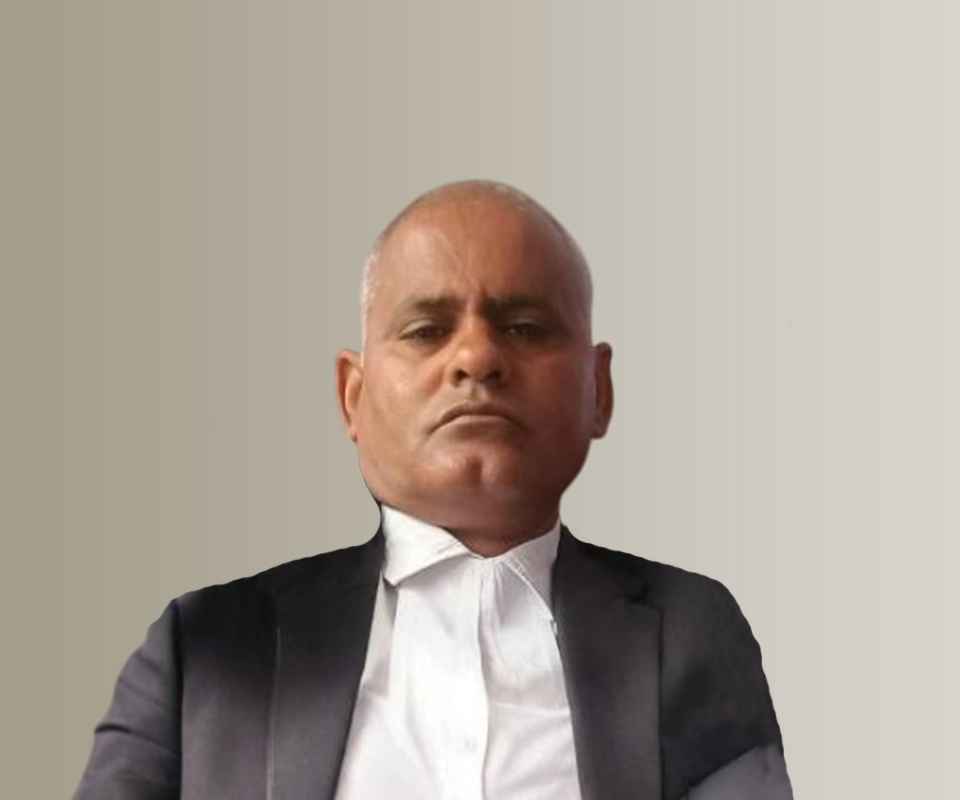Answer By law4u team
Changing Courts During a Case
In certain circumstances, it is possible to change the court during an ongoing case. The ability to do so and the process involved depend on various factors, including the jurisdiction, type of case, and the specific circumstances. Here’s a detailed overview of the process:
1. Jurisdictional Transfer:
Definition: Jurisdictional transfer refers to moving a case from one court to another court within the same jurisdiction. This is usually done if the case was initially filed in the wrong court or if there are administrative reasons for the transfer.
Process: File a petition or application with the current court requesting the transfer of the case. The court will review the petition and, if deemed appropriate, order the transfer to the appropriate court.
2. Change of Venue:
Definition: Change of venue refers to transferring a case to a court in a different geographic location. This might be necessary due to reasons such as the convenience of parties, the potential for impartiality, or logistical issues.
Process: File a motion or application with the court requesting a change of venue. Provide reasons for the request, such as the difficulty of conducting the case in the current location or the need for an impartial trial. The court will review the request and decide whether to grant the change.
3. Transfer to Appellate Court:
Definition: If a party is dissatisfied with the judgment of a lower court, they may appeal the case to a higher appellate court. This is not a change of court during the ongoing case but rather a step after the case has been concluded at the lower court level.
Process: File an appeal with the appropriate appellate court. The appellate court will review the case record, arguments, and evidence from the lower court and make a determination.
4. Reassignment of Judges:
Definition: In some jurisdictions, cases may be reassigned to different judges within the same court. This might happen due to conflicts of interest, the judge's unavailability, or administrative reasons.
Process: The court administration or chief judge typically handles reassignment. Parties involved in the case may request a reassignment, but it is subject to the court's discretion.
5. Transfer Under Specific Statutes:
Definition: Certain laws or statutes provide specific provisions for transferring cases under particular circumstances, such as cases involving sensitive matters or specialized jurisdictions.
Process: Follow the provisions outlined in the relevant statute or law. This may involve filing specific petitions or applications and meeting statutory requirements.
Summary
Changing courts during a case can involve jurisdictional transfers, changes of venue, reassignment of judges, or appeals to higher courts. The process typically requires filing a petition or motion with the current court, providing valid reasons for the change, and obtaining approval from the court. Specific procedures and requirements may vary based on the jurisdiction and type of case.







